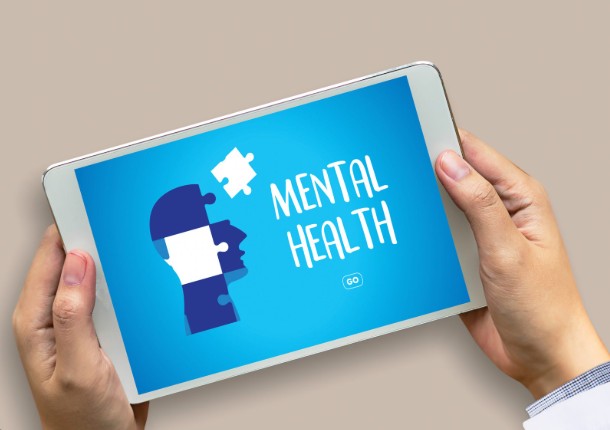Exploring innovative tech solutions to enhance mental well-being is becoming an increasingly relevant and necessary focus in our modern society. As mental health challenges grow, both in prevalence and diversity, the need for more effective and accessible methods of treatment becomes essential. Emerging mental health technology such as mental health apps, virtual reality, and artificial intelligence are offering new avenues for individuals to improve their mental health.
Technology at the Forefront of Mental Health Interventions
Mental Health Apps: Accessibility at Your Fingertips
Smartphones have revolutionized access to mental health resources, providing tools that fit in your pocket and are available anytime. A myriad of mental health apps offer features like guided cognitive-behavioral therapy (CBT) sessions, mood tracking, and mindfulness exercises. These apps serve as both a primary and supplementary form of support, particularly for individuals who may not have ready access to mental health professionals.
Virtual Reality: Immersive Healing Environments
Virtual reality (VR) is making waves in mental health care by creating immersive environments that help treat anxiety and PTSD. Patients can engage in simulated scenarios tailored to their needs, facilitating exposure therapy in safe settings. This innovative approach allows for a personalized therapeutic experience, which can be more engaging and impactful than traditional methods.
Artificial Intelligence: Early Diagnosis and Personalized Care
Artificial intelligence (AI) is increasingly playing a crucial role in mental health management by supporting the early identification of symptoms. AI algorithms can analyze a vast array of data, recognizing patterns that may indicate mental health conditions. This allows for a more proactive approach to mental health care, with personalized treatment plans developed based on an individual’s unique needs and symptoms. AI-driven chatbots also provide immediate support and can triage users to appropriate resources or professionals.
Benefits of Technological Innovations in Mental Health
Enhancing Accessibility
One of the most significant benefits of these technological advancements is their affordability and ease of access. Mobile devices and apps are generally cost-effective and user-friendly, allowing individuals to access support and resources anytime and anywhere. This level of accessibility is particularly beneficial for those facing barriers to reaching mental health professionals, whether due to geographical, financial, or time constraints.
Personalization and Customization
The personalized nature of technology-driven mental health care is another vital advantage. Traditional therapy often follows a one-size-fits-all format, but tech innovations allow for more customized approaches. Technologies such as VR and AI can adapt therapies to match the user’s progress and specific mental health condition, potentially leading to improved outcomes.
Challenges and Considerations
While the possibilities presented by these innovations are exciting, it’s crucial to address several key considerations for successful implementation.
Ensuring Efficacy and Safety
For these tools to be truly beneficial, they must be **rigorously evaluated** for efficacy and safety. It’s essential that the mental health sector maintains a commitment to ensuring that technologies offer reliable, evidence-based care.
Professional Oversight
The integration of technology in mental health care should complement, not replace, professional oversight. It’s crucial that these tools include a mechanism for professional supervision to ensure a high standard of care. Mental health professionals play an irreplaceable role in diagnosing, treating, and supporting individuals through their mental health journey.
Data Privacy Concerns
As with any tech application, safeguarding users’ data privacy is a critical concern. Companies need to establish robust security measures to protect sensitive information, fostering trust and encouraging broader adoption of these digital health tools.
Future of Mental Health Care with Technology
The integration of these innovative technologies in mental health care has the potential to transform the sector, providing more holistic and supportive care to patients. Continued investment in research and development is necessary to refine these tools and expand their capabilities. As a society, we should aim to support and explore solutions that promote accessible and effective mental well-being for all.
By embracing technological advancements and integrating them into existing mental health frameworks, we can open new horizons in patient care, enhancing both the effectiveness and reach of mental health services across the globe.









